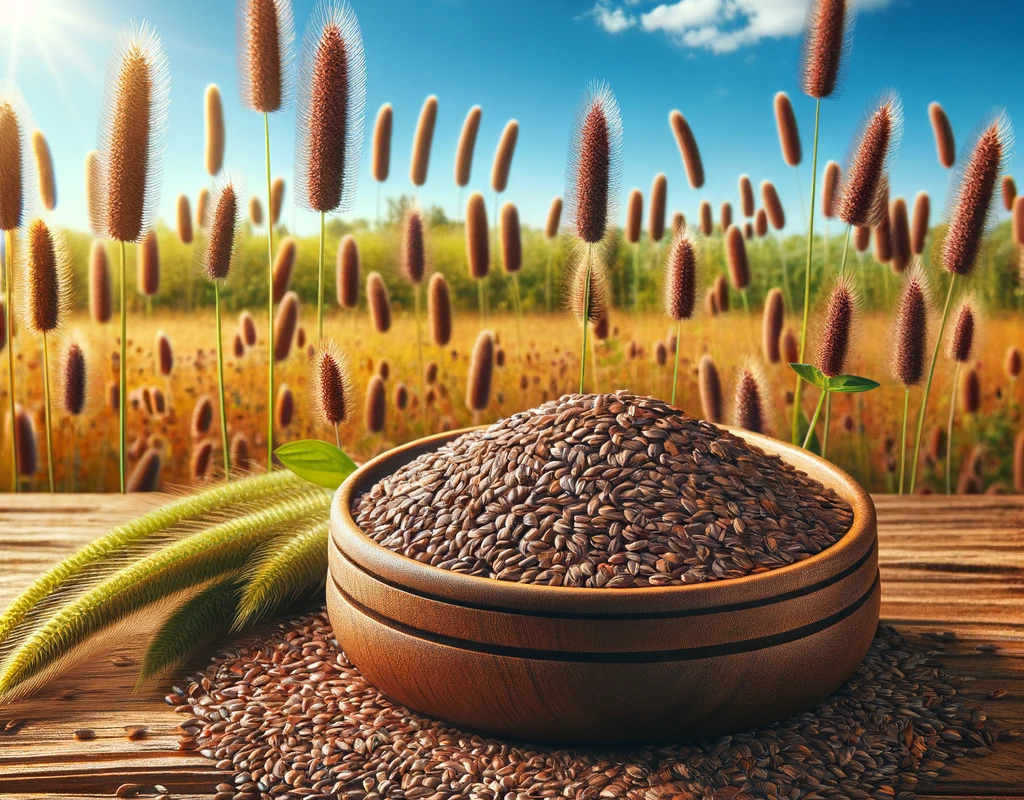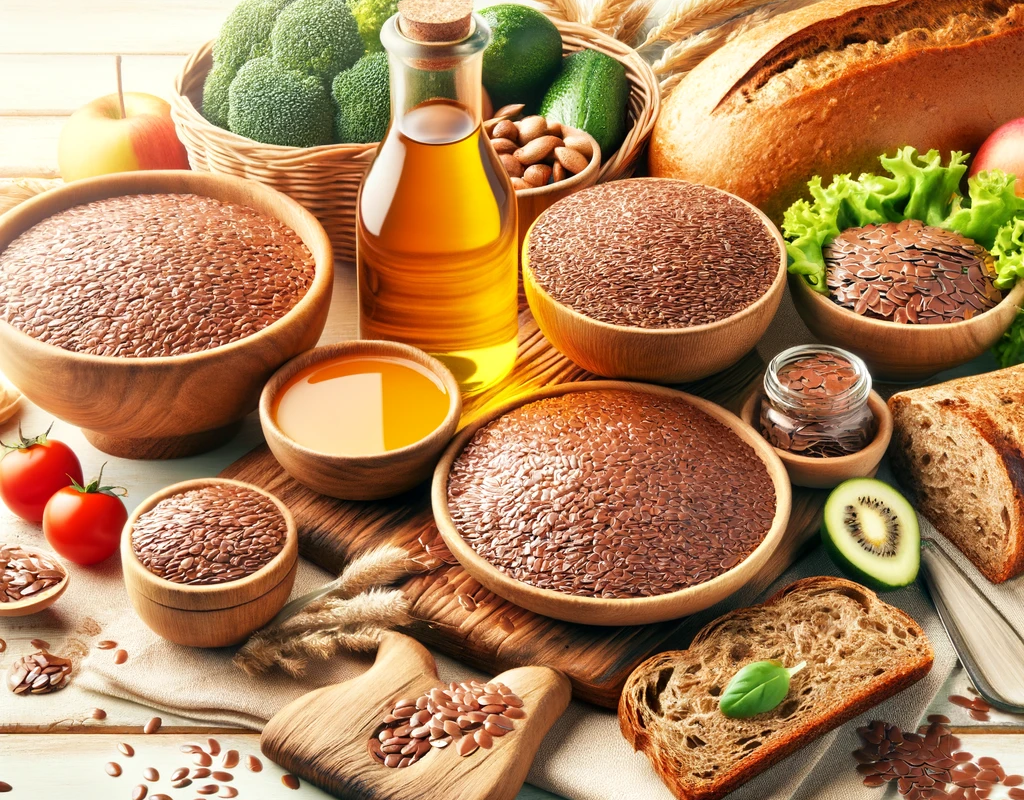Walnuts, with their unique combination of nutrients, have become a subject of interest in nutrition and dietetics, especially regarding weight management. These nuts are not just a tasty snack; they are packed with elements that can aid in weight loss and overall health improvement. This article aims to explore the multifaceted benefits of walnuts, focusing on how they can be integrated into a weight loss regimen effectively.
The nutritional richness of walnuts is unparalleled. They are loaded with essential fatty acids, proteins, fibers, vitamins, and minerals, all of which contribute to a healthy diet. What sets walnuts apart in the context of weight loss is their ability to provide satiety and nutritional efficiency in small servings. Understanding the role of walnuts in a balanced diet can open new avenues for those striving to lose weight healthily.
This exploration into the world of walnuts and weight loss is grounded in scientific research and practical dietary advice. By dissecting the nutritional composition of walnuts, examining their impact on metabolism and appetite, and providing guidelines for incorporating them into a diet, this article offers a comprehensive guide for individuals looking to enhance their weight management strategies through natural, nutritious foods.
I. Nutritional Composition of Walnuts
Walnuts are a rich source of omega-3 fatty acids, particularly alpha-linolenic acid (ALA), which is known for its heart-healthy benefits. Unlike many other nuts, walnuts contain a significant amount of polyunsaturated fats, which are essential for maintaining healthy cholesterol levels. Additionally, the protein content in walnuts, although not as high as in animal products, is significant for a plant-based food and contributes to muscle maintenance and repair.
In terms of vitamins and minerals, walnuts are a treasure trove. They contain antioxidants like vitamin E, which helps protect the body against free radical damage. Minerals such as magnesium and phosphorus in walnuts play a vital role in bone health and energy production. Furthermore, walnuts are a good source of B vitamins, particularly folate and vitamin B6, which are crucial for various metabolic processes and maintaining nerve health.
The dietary fiber content in walnuts deserves special attention. Fiber aids in digestion, helps maintain bowel health, and contributes to a feeling of fullness, which can reduce overall calorie intake. This aspect of walnuts is particularly beneficial for weight loss, as it helps prevent overeating and unnecessary snacking, thereby aiding in better weight management.
II. How Walnuts Aid in Weight Loss
Walnuts are known for their ability to induce satiety. The high fat and fiber content in walnuts slow down digestion, leading to a prolonged feeling of fullness. This effect can significantly aid in weight management, as it reduces the tendency to snack excessively between meals. The satiety factor of walnuts is a key component in their role as a weight loss-friendly food.
Apart from satiety, the metabolic effects of walnuts contribute to weight loss. Walnuts contain certain bioactive components that may help increase metabolic rate. A higher metabolic rate means the body burns more calories at rest, which can be beneficial for weight loss. Moreover, the healthy fats in walnuts can aid in the efficient burning of fat, further contributing to weight management.
Walnuts also offer a healthier snacking alternative. They are nutrient-dense, which means they provide a significant amount of nutrients for a relatively small number of calories. This makes walnuts an ideal snack for those on a weight loss journey, as they provide essential nutrients without adding excessive calories. Additionally, their versatility in culinary uses makes them an easy addition to various diets, enhancing the nutritional value of meals while aiding in weight control.
III. Scientific Research and Studies
Several studies have highlighted the positive impact of walnuts on weight management. Research has shown that individuals who include nuts like walnuts in their diet do not necessarily gain weight, despite the high fat content of nuts. This is partly because the fats in walnuts are mostly unsaturated and beneficial for health. Additionally, these studies suggest that the consumption of walnuts can enhance the feeling of fullness, which helps in reducing calorie intake.
Another area of research focuses on the metabolic benefits of walnuts. Studies have indicated that walnuts can positively affect the body’s metabolism, potentially leading to increased calorie burning. This is particularly significant in the context of weight loss, as a higher metabolic rate can contribute to more effective weight management. However, it’s important to note that these effects are part of a holistic approach to diet and should not be viewed in isolation.
Despite the promising findings, it’s crucial to approach these studies with a critical eye. Many factors influence weight loss, and walnuts are just one component of a balanced diet. While research supports the inclusion of walnuts in a weight loss diet, they should be consumed in moderation as part of a varied and balanced diet. It’s also important to consider individual dietary needs and preferences when incorporating walnuts into a weight loss plan.
IV. Incorporating Walnuts into a Weight Loss Diet
To effectively incorporate walnuts into a weight loss diet, it’s essential to focus on portion control. A small handful of walnuts, approximately one ounce, is enough to reap their health benefits without overindulging in calories. This serving size provides a good balance of nutrients while keeping calorie intake in check, an important consideration for weight loss.
Walnuts can be included in the diet in various creative ways. They can be added to breakfast cereals, yogurt, or salads to enhance flavor and nutritional value. Walnuts also make for a great ingredient in homemade energy bars or as a crunchy topping for soups and stews. Their versatility in recipes ensures that they can be easily incorporated into different meal plans, catering to diverse tastes and preferences.
While walnuts are beneficial for weight loss, it’s important to be aware of potential risks. Individuals with nut allergies should avoid walnuts. Additionally, excessive consumption of walnuts can lead to too many calories in the diet, which might counteract weight loss efforts. Therefore, it’s crucial to consume walnuts in moderation and as part of a balanced diet, ideally under the guidance of a healthcare professional or a dietitian.
V. Comparison with Other Nuts and Weight Loss Foods
When compared to other nuts, walnuts stand out due to their unique nutritional profile. While almonds and cashews are also popular in weight management, walnuts offer higher levels of omega-3 fatty acids, which are beneficial for heart health. Additionally, the fiber content in walnuts is comparatively higher than in many other nuts, making them more effective in promoting satiety and aiding digestion.
However, it’s important to note that no single food can be the magic solution for weight loss. Walnuts work best when included in a diet that contains a variety of healthy foods. Pairing walnuts with other nutrient-rich foods like fruits, vegetables, lean proteins, and whole grains can create a balanced diet that supports weight loss and overall health.
The synergy between walnuts and other health foods is also worth exploring. For instance, combining walnuts with a source of vitamin C can enhance the absorption of certain nutrients. Similarly, adding walnuts to a salad with leafy greens not only adds crunch and flavor but also boosts the nutrient content. This holistic approach to diet, where walnuts complement other healthy foods, is key to effective weight management.
VI. Conclusion
In conclusion, walnuts can be a valuable addition to a weight loss diet, thanks to their unique combination of nutrients that promote satiety, boost metabolism, and provide healthy snacking alternatives. However, it’s important to consume them in moderation as part of a balanced diet. The incorporation of walnuts into daily meals can enhance nutritional intake and support weight management efforts.
While the benefits of walnuts in weight loss are backed by scientific research, individual dietary needs and preferences should always be considered. Consulting with healthcare professionals can provide personalized advice on including walnuts in a weight loss diet. Ultimately, the integration of walnuts into a varied and balanced diet, along with regular physical activity, can contribute significantly to achieving and maintaining a healthy weight.
This exploration of walnuts and their role in weight loss underscores the importance of a comprehensive dietary approach. By understanding and utilizing the nutritional benefits of walnuts, individuals can make informed choices that support their weight management goals and overall well-being.




